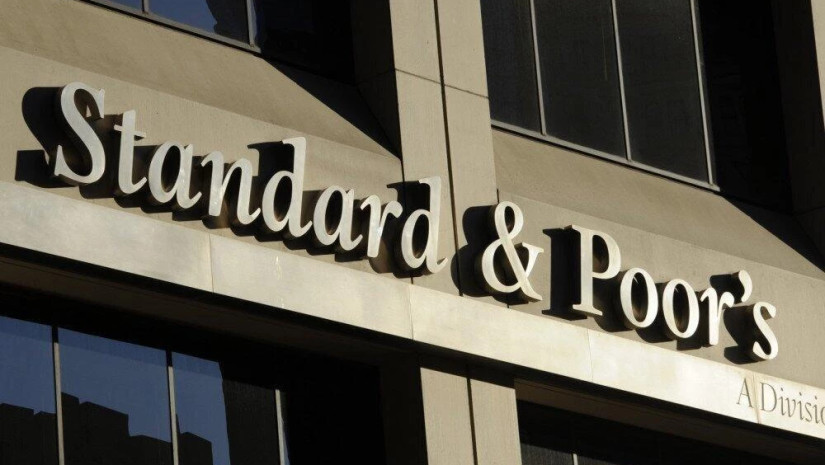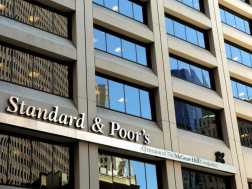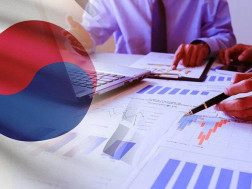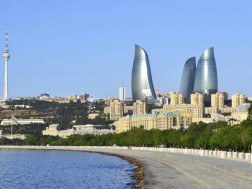Azerbaijan’s GDP growth in 2022 will be at the level of 4%, according to a report by S&P Global “EMEA Financial Institutions Monitor 4Q2022: Fresh Turmoil Brings New Hardships”, Report informs.
In its July forecast, S&P expected economic growth in Azerbaijan at 3.5% in 2022 after recovering by 5.6% in 2021, which mainly reflects an increase in gas production, a recovery in the non-oil sector, and a slight decrease in oil production. It is expected that average growth will be just over 1% between 2023 and 2025 as new gas capacity only partly offsets the gradual decline in the oil sector.
According to the April forecast, the Azerbaijani economy will grow by 1.3 percentage points.
However, in the updated forecast, the GDP growth rate in 2023 and 2024 is set at 1.5%, and in 2025 at 1%.
According to the report, Azerbaijan, Kazakhstan, and oil-producing emerging markets of the Gulf Cooperation Council can benefit from the current dynamics of energy prices.
“Tightening financing conditions, slower growth in China, weaker economic prospects in Europe, and a recession in the US that could prove deeper than expected all signal tough times ahead for EMEA's emerging markets. Rising inflation and the growing cost of international borrowing will increase the vulnerability of markets that depend on external financings, such as Turkiye,” reads the report.
At the same time, large commodity-exporting countries could benefit from the current price trends-especially those that derive significant revenue from the oil and gas sector.
“Similarly, since the Russia-Ukraine conflict broke out, we have observed that some of the neighboring countries have benefitted from an inflow of people and capital and the redirection of trade flows within the region. This occurred because of concerns related to the conflict and the sanctions imposed on Russia, and because many businesses have decided to leave Russia since the beginning of the conflict.
"Over the next one to two years, we expect Europe's macroeconomic environment to become more challenging. That said, banking sectors in some of EMEA's emerging markets--such as the commodity-exporting countries of the Middle East--could continue to benefit from a supportive macroeconomic environment, allowing higher rates to bolster profitability.
“Given the ongoing energy price crisis, we expect downside risks to increase. Russia has been compensating for its lack of progress in the military conflict with Ukraine by weaponizing its position as a key energy supplier, which is fueling inflation across Europe. Governments are facing demands to support consumers and businesses, given the growing inflationary and cost-of-living pressures. The tightening financing conditions could exacerbate the problem, undermining more-vulnerable economies and weaker players. A prolonged period of rising inflation and low economic growth would increase risks for financial institutions,” the report noted.















